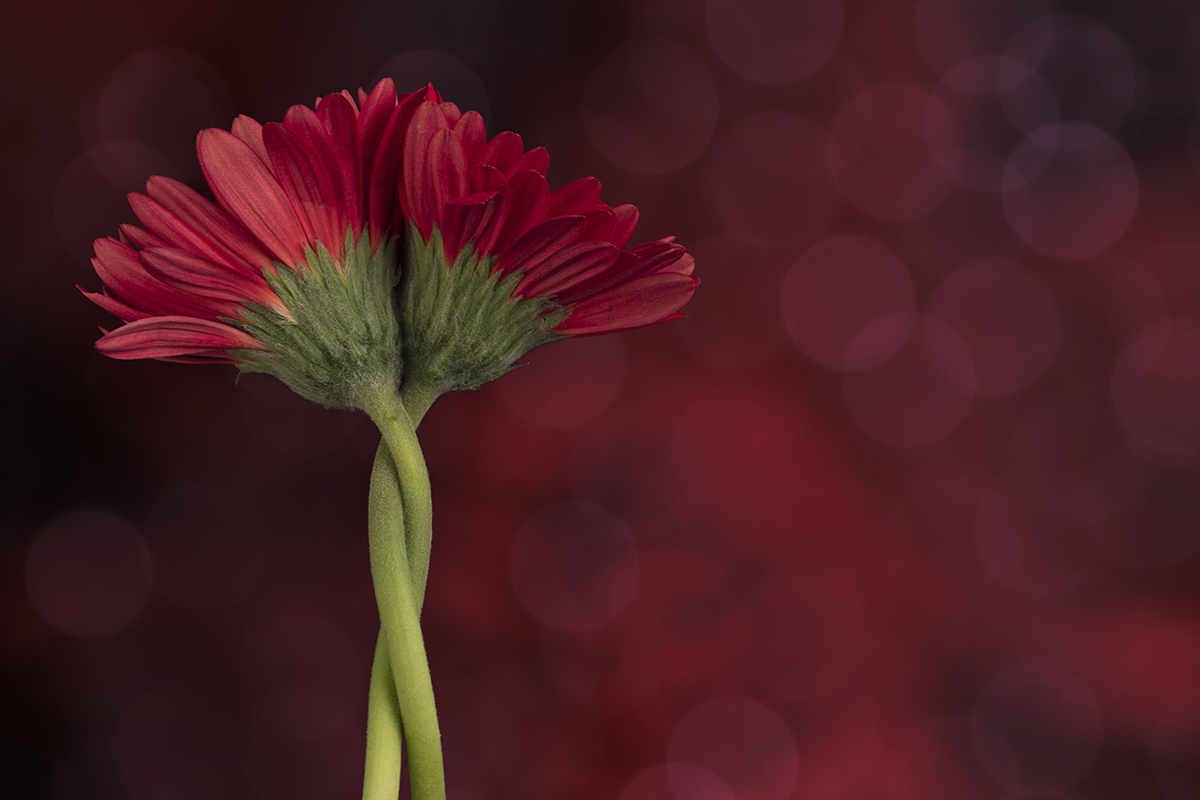Honor the seed. The words seem so simple. This is knowledge that was passed down to me from my father. Yet, today, those simple words — and sentiments — are so forgotten.
My father, a big, raw–boned man with giant, calloused hands big as catchers’ mitts and shoulders broad enough to carry my sister and me as kids around the yard for an hour without tiring, grew up on a farm in Mississippi. Despite moving to the city and working behind a desk in his adult years after World War II, he still had a lot of ‘country’ in him. Some of it was, well, rather rude — others of it, wise. As deep and fertile as the soil, as lasting as the seasons.
Earth centred lore from a loving father
It was my father who taught me how to ‘taste’ soil to see if it ‘was any good.’ If the soil tasted flat, it needed fertilizer; metallic, it needed more organic matter; if it tasted tart, it needed lime. His method was intuitive and, I guess, a matter of taste. Literally. I still rely on the agricultural service’s testing to make sure.
My father was one of those people dispossessed by industrial agriculture, leaving the farm behind. Machines would do farm work; humans weren’t needed. When the men came home from war in his generation, the big chemical companies and war machine manufacturers had to have something to do, so they converted their weapons of death to weapons of agriculture.
Instead of bombs and tanks and explosives, they turned their swords into ploughshares by manufacturing trucks, tractors, and farm chemicals: herbicides, pesticides and synthetic fertilizers that, yes, killed the soil even as it made it bounteously fertile. It’s no coincidence that even today’s marketing for agriculture often relies upon analogies of ‘winning the war’ against the ‘enemies’ of crops: hungry bugs, infertile soil, rampant weeds.
This scorched earth policy of agriculture has resulted in bounteous yields for the planet. It also has so scarred the land, polluted the soil, befouled the air, and helped extract, burn and deplete fossil fuels that scientists now suggest this ‘New Age’ we live in to not be one of peace and love but of permanent scarring of the planet. They even have a name for it: the Antropocene, a geologic age that started with the invention of agriculture and may well end only after the demise of humankind.
Caretakers of the Earth
This is the fact of our existence today that demands mindfulness. And Spirit–Knowledge that our ancestors possessed.
In the traditional teachings of Native American societies, the seed is a living being. It is a life form. It is gift from Creator and/or protective divine beings not to ‘belong’ to humankind, but entrusted to humans as caretakers of Mother Earth.
The admonition to care for society to the 7th generation includes the careful harvesting of seeds from the crops and the planting of the best of them in the following growing season. It is a way of life that ensures the health and continuity of society. It is a nourishing way of life for all the people, not just a few, and not only those living, but a mindful setting aside of health and well–being for future generations, as well.
The seed is more than an agricultural product. It is at once a symbol of hope, of a new generation, and a predictor of the future. If we are not careful with the seeds we plant, and conscious of what we are doing, we will reap a certain harvest based on what we have planted. Feast? Famine? Future? Or end? Those are the seeds we are planting today with our modern industrial society.
We cannot go back to a society where small farmers lived in isolated villages in rural settings that lasted essentially the same for generations. But we can learn from our ancestors in this New Age we live in and choose the type of future we want for ourselves, our children and our children’s children to seven generations. That’s the responsibility we have to follow some simple, time–honored advice: Honor the seed.
From Conscious Food, © 2012 by Jim PathFinder Ewing, published by Findhorn Press







